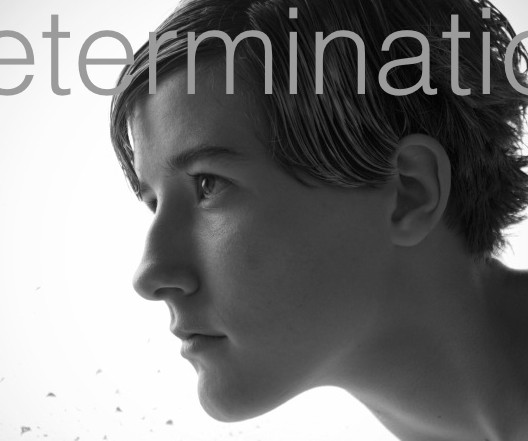Understanding Team Needs in Leadership: A Guide to Need Theories
CO2
NOVEMBER 27, 2023
In the realm of leadership, recognizing and addressing the diverse needs of team members is crucial. This post, inspired by my recent exploration of Penn State’s Wiki on Need Theories. It aims to shed light on how different need theories can enhance our understanding of team dynamics.
















Let's personalize your content